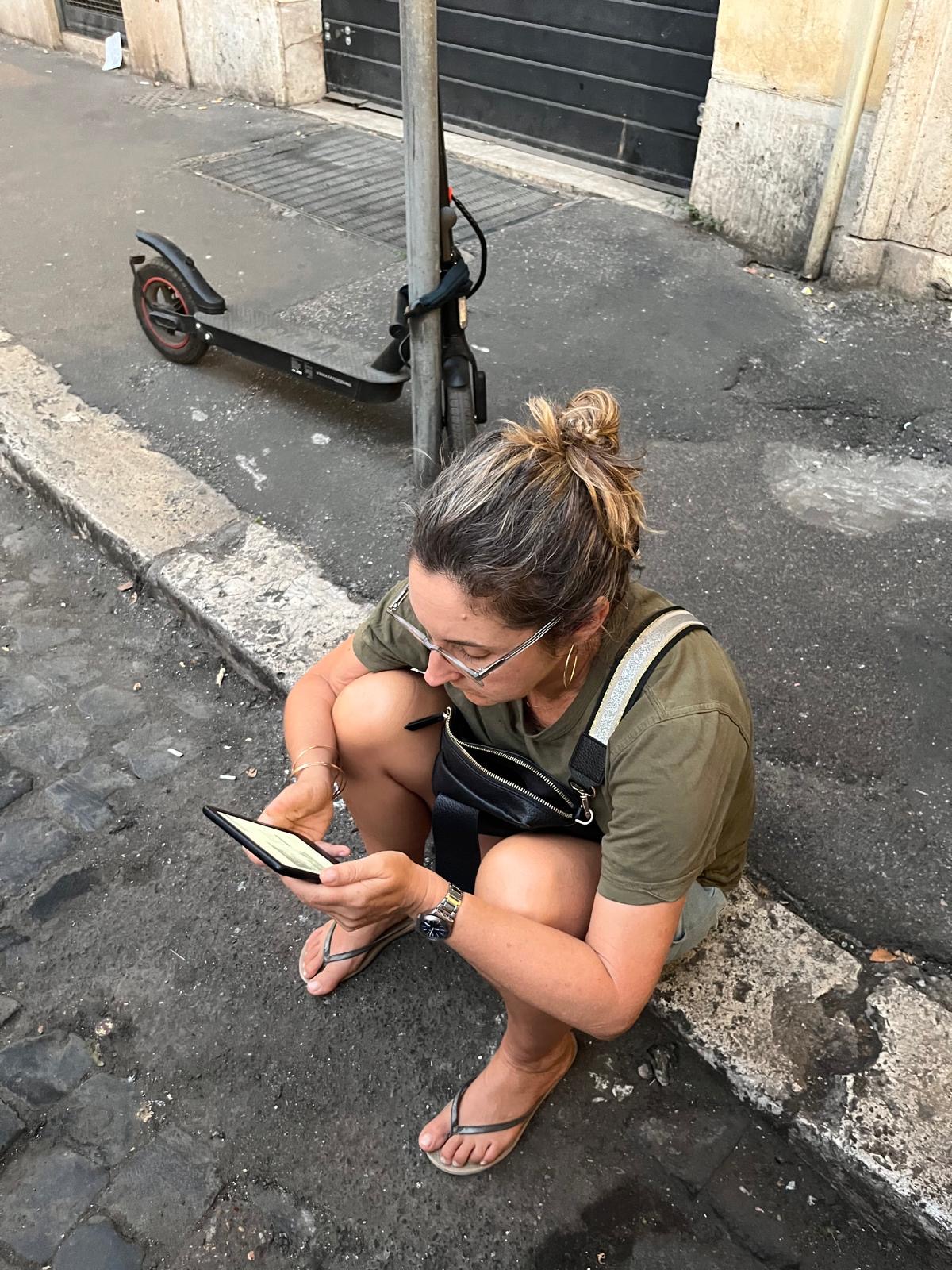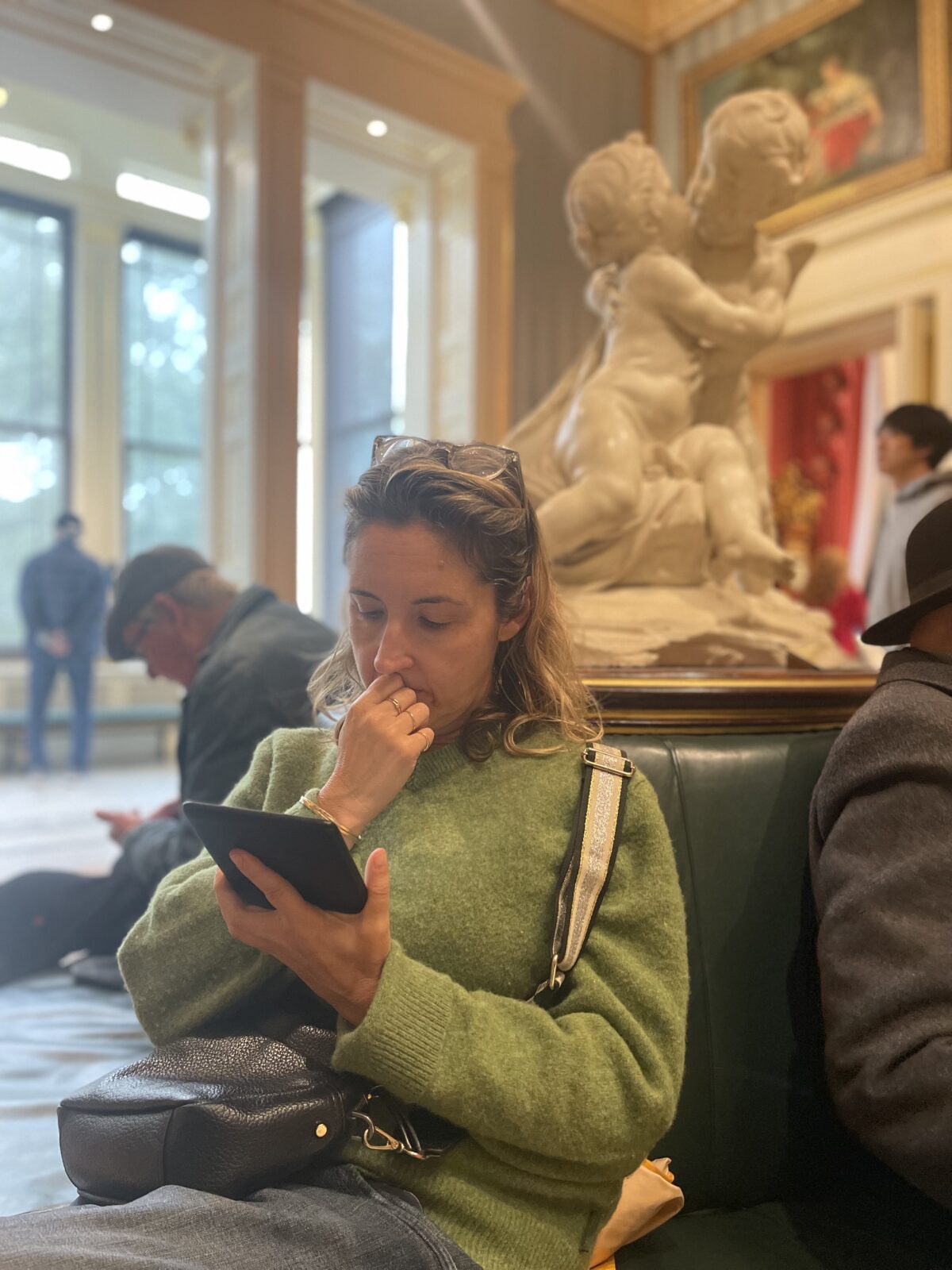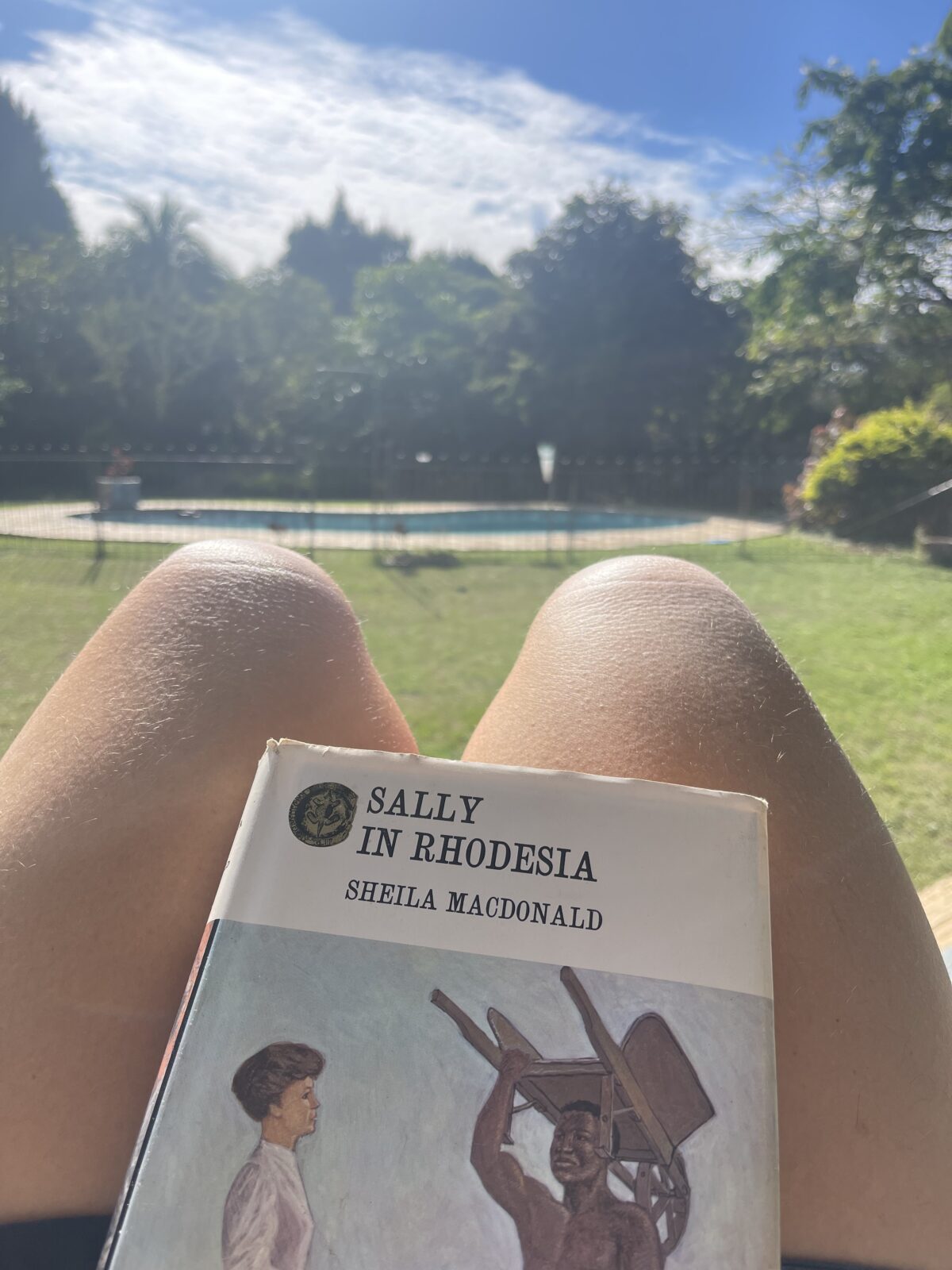I’m not sure I’ve ever read a book about the menopause before, but here we are. Enjoy this, the protagonist on her age, which is in many ways the central problem of the book:
“I was no closer to being sixty-five than twenty-five, but since time moved forward, not backward, sixty-five was tomorrow and twenty-five was moot. I didn’t think a lot about death, but I was getting ready to. I understood that death was coming and that all my current preoccupations were kind of naïve; I still operated as if I could win somehow. Not the vast and total winning I had hoped for in the previous decade, but a last chance to get it together before winter came, my final season”
‘The vast and total winning,’ we’ve all been there, LOL.
She decides to go on a roadtrip from California to New York, which her husband thinks will be a good challenge for her. About a half hour in, she checks into a motel and just impulsively decides to hang out and decorate the room. She doesn’t tell her husband. This part I loved. The protagonist feels no need to explain or pathologize why she is doing it: she just follows her impulse. I found this wonderfully fun and free-ing. She then SPOILER ALERT falls for a young guy who works at the local Hertz. At this point, things get a bit more predictable, as we get into how she navigates having an open relationship. I found this part a bit slow, maybe because it’s a story I feel I’ve heard a few too many times before. Poly people are much like vegans in being overly willing to tell you all about it. But even this was enlivened by the intense amount of menopause and more general midlife panic she weaves in. It shows how few women have really been allowed to write across history, that this experience should be so rarely described. I love the idea that it might be an opportunity to be more free, possibly even wildly more free. Though I’m not sure I’m signing up for an affair with the car rental guy.










